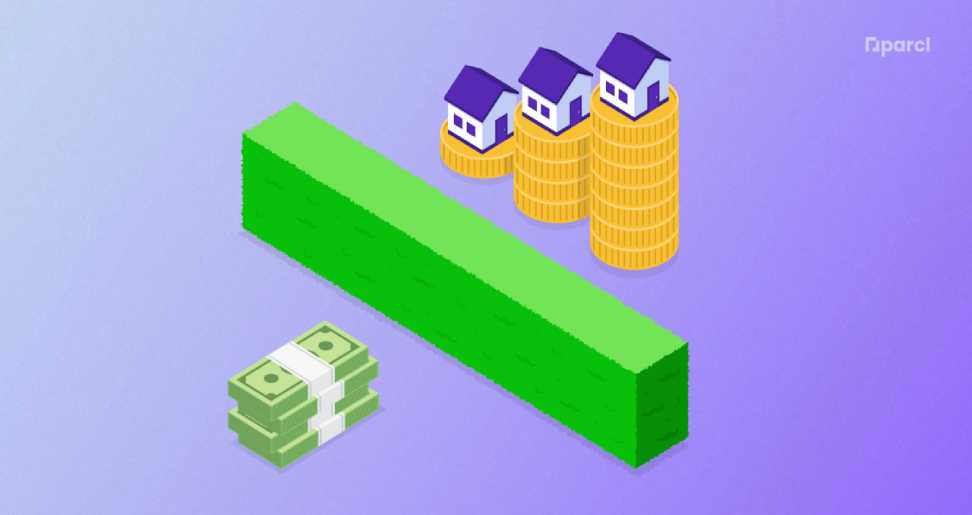The housing market, like any other, can fluctuate. While most people aim to buy low and sell high, some try to profit when prices fall. This is where “shorting” comes in, but it’s important to understand that directly shorting houses isn’t possible. Here’s why:
Imagine this: You borrow a house from someone, sell it immediately, hoping prices will drop. Later, you buy the house back at a lower price, returning it to the owner and pocketing the difference. Sounds easy, right?
The problem: What if the price goes up? You’d have to buy back the house at a higher cost, losing money!
So, how do people bet on a housing market decline?
There are indirect ways to approach this, but it’s crucial to remember these are complex strategies and involve financial risks. It’s essential to consult with a financial advisor before making any investment decisions.
1. Shorting REITs (Real Estate Investment Trusts):
REITs are companies that own or finance income-producing real estate. Their stock prices are tied to the housing market’s performance. By borrowing and selling REIT shares, you’re essentially betting they’ll decrease in value. If they do, you can repurchase them later at a lower price and return them for a profit. However, if the price rises, you’ll incur losses.
2. Inverse ETFs (Exchange-Traded Funds):
These ETFs are designed to move opposite the market they track. So, if a specific ETF reflects a rising housing market, an inverse ETF would profit when the market falls. Essentially, you’re buying into a fund that gains value when housing prices decline.
Important Notes
- Shorting is risky: The potential losses can be significant, especially if the housing market goes up.
- Not for everyone: Shorting strategies are complex and require a strong understanding of financial markets.
- Do your research: Carefully evaluate the risks and consult a financial advisor before making any investment decisions.
Remember: Shorting the housing market is not a get-rich-quick scheme. It’s a complex strategy with substantial risks. It’s advisable to fully understand the potential consequences before considering this approach.
Additionally: It’s important to consider the ethical implications of profiting from a downturn in the housing market, which can impact homeowners and communities.
Let me reiterate: Consulting with a qualified financial advisor is crucial before attempting any shorting strategies.
Feature image source:- https://tinyurl.com/3xxprwn7

